Antanice “Niecy” Ward lets out a giggle when she remembers the funny faces her friend Soraya Gibson used to make when talking about people.

“She was very silly, very goofy. She always had everyone laughing,” she says.
As Ward sits in her cook’s apron in the Lake View High School cafeteria where she worked with Gibson for 12 years, she talks about her 32-year-old friend as if they had just spoken.
But they haven’t talked in over a year- not since the night Gibson was gunned down.
She was one of 19 people killed in West Englewood last year, each of whom left family and friends to mourn their deaths. It can be especially challenging for the friends left behind.
While the Chicago Police Department provides some support services for families, it’s not clear what assistance is offered to friends. In an e-mail, department spokesman Adam Collins said “this issue goes far beyond CPD alone.”
The department is supporting a grant application that would provide funds to victim advocacy groups to work with the families of murder victims, Collins said in the e-mail.
Friends of murder victims can turn to discussion groups, including one monitored by professional counselors at the Resident Association of Greater Englewood, says the organization’s president, Asiaha Butler, though she notes that’s not her group’s main focus.
Ward says she might have benefited from counseling, but after initially approaching the school counselor where she works, she decided to go it alone because, “Jesus was enough support.”
She says Gibson – nine years younger – was like a little sister to her. They spent time together at Gibson’s house parties, socializing and cooking barbeque – and hassling each other about their lives and work.
“She would say to me, ‘Come on fat friend, let’s go for a walk on the track.’”
Ward describes her friend as a hard-working lunchroom employee, always friendly and interacting with all the students.
“She would talk to just about anybody – tell you exactly what she thought about you, too,” Ward says with a laugh, adding that despite Gibson’s no-nonsense, confrontational exterior, she had a way of reaching out to people.
At work she would act all tough and curse a lot – and Gibson never backed down from a fight.
But Gibson was always there looking out for her friends.
Even now – more than a year after her death – people still regularly post comments on Gibson’s Facebook page about her devotion as a friend and mother, says Ward.
“Everybody thought she was this big, bad wolf, but on the inside she was just a pussycat,” she says.
Ward says she saw what a devoted mother Gibson was to her two sons. She brought them with her to work every day before they had to go to school, urging her then-15- and 16-year-old sons to work hard.
“She always said she would die for her kids,” Ward says.
As the oldest daughter in her family of four, Gibson looked out for her two older brothers and younger sister, handling many responsibilities and keeping track of family records.
Known as “Toto” by friends and family, she was the strong one in the family, Ward says.
Gibson grew up in the Cabrini-Green housing complex where she raised her two sons. In 2006, when the city tore down the building she lived in, she moved north to the Edgewater neighborhood, then south to West Englewood.
It was hard for her to settle in a new neighborhood so different from the life she knew at Cabrini-Green, Ward says.
At Cabrini-Green, residents knew Gibson as a tough woman nobody messed with, but she left that reputation behind when she moved, Ward says.
When Gibson moved with her sons a few months before her death to their house in the 5600 block of South Justine Street, she had a hard time coping with the culture of a neighborhood that didn’t know how to handle her, Ward says, adding that she would complain about “getting into it” with neighbors.
“She wasn’t going to change, and they [people in West Englewood] wasn’t going to change,” Ward says.
Ward helped her friend through this tough adjustment period.
When her younger son would get into trouble, Gibson would call Ward. “She would say to me, ‘Come get him,’” Ward says.
Even though the tougher Gibson hailed from Cabrini-Green and the church-going Ward came from the West Side, the two women quickly formed a friendship, always looking out for each other.
Still, Ward was caught by surprise when she got a frantic call from Gibson mid-day Jan. 7, 2012.
Gibson sounded afraid, and that made Ward nervous.
“When she got fear in her voice, I thought, ‘Oh, this is serious because she’s never scared,” Ward says.
She told Ward there was some stuff going on – some men wearing masks had been hanging around outside the house, and she might not make it.
Ward pressed her about what she was talking about, but Gibson wanted only to make sure her friend knew where she kept her insurance papers and records of paid bills.
“I said, ‘Get your stuff and go over to your mom’s house,’” Ward said.
At first Gibson was hesitant but then agreed to go the next morning.
Before they hung up, she told Gibson to call her in the morning.
Gibson responded, “No, friend, you call me back and see how I’m doing.”
The next night, she got a call from Gibson’s sister, saying Gibson had been shot to death outside her home just hours after the longtime friends had spoken on the phone.
Ward heard the full story days later from Gibson’s sons who witnessed the shooting.
Gibson had been packing up her car behind her house. Her two sons were walking into their home with their friend when Gibson began to run inside. Shots rang out. An unknown assailant shot her in the back, and she fell into the doorway.
Officers found Gibson unconscious in the back bedroom of her home. She died at John H. Stroger Jr. Hospital within 40 minutes of the shooting.
Detective Velma Guerrero, who is overseeing the case, would not comment on what happened that night, saying the investigation is ongoing. It’s not clear what, if any, leads police have because much of the incident report ChicagoTalks obtained using the state’s Freedom of Information Act is blacked out.
Since the shooting, Ward has been left with many unanswered questions about what happened that night, and she’s frustrated the case is still not solved.
“Somebody knows something. Of course the streets don’t talk when they need to talk,” she says.
Those first few weeks after her friend died were hard for Ward.
“I kept expecting her to call,” she says, adding she still has tough days.
Ward worries about Gibson’s family, especially her two sons. The older son was in jail, and the younger son was living with his dad the last time Ward spoke with him. When she asked the younger son in a Facebook chat if he was still in school, he didn’t respond.
Ward says she encouraged the younger son to get counseling, but he didn’t. He’s not the type to ask for help, but she thinks he could benefit from counseling.
“He was right there with her when she got shot – he kneeled down, and she was gone,” he told Ward.
“He needs the help. It’s never too late — not for anyone.”
This story is part of a week-long series about homicides in Chicago. ChicagoTalks, a news outlet operated by Columbia College’s Journalism Department, undertook a semester-long investigation of the topic funded with a grant from The Chicago Community Trust. ChicagoTalks is publishing additional stories throughout the week. If you have questions or comments, please e-mail project editor Suzanne McBride at smcbride@colum.edu.
Read more from this series:
- Argument over basketball game takes parents’ only child
- Family seeks answers after 8th grader’s murder
- Family, friends of murdered Uptown businesswoman say they have been left in the dark
- Killer on the line
- Lonely anniversary
- For some, the grieving never ends
- Families say silence the norm after Chicago homicides
- Homicide victim’s mother sees progress in Englewood
- Giving up on justice
- Families question support after loved ones’ killings
- Unsolved homicide not forgotten

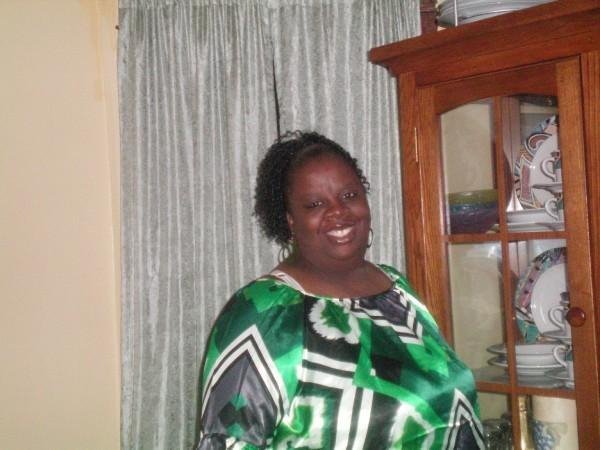

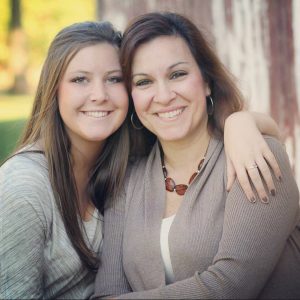
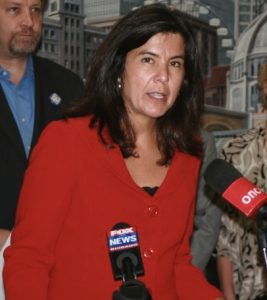
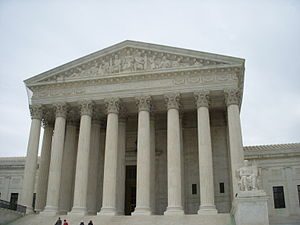






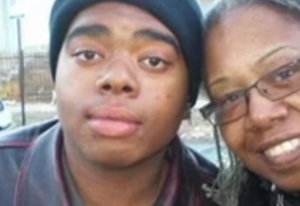
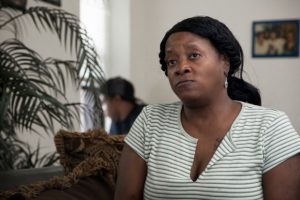
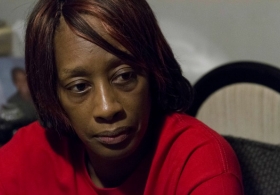

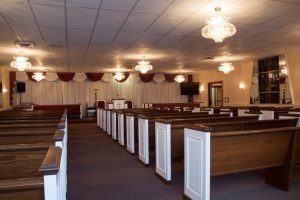
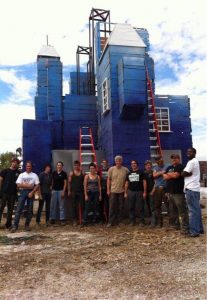

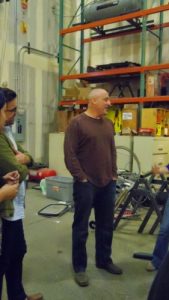
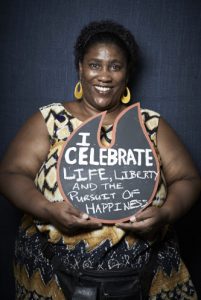

Be First to Comment